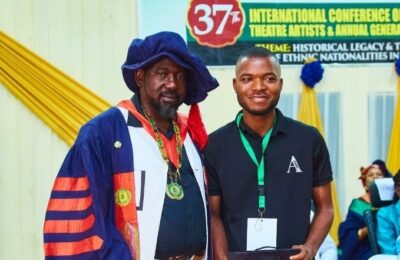First, I would discuss the basic science of climate change and the ways in which it is affecting the environment. This could include information on sea level rise, extreme weather events, and the loss of biodiversity.
Then, I would discuss the impact of climate change on people’s lives, including increased food insecurity, forced migration, and the loss of cultural heritage.
Finally, I would discuss potential solutions to the problem and the challenges of implementing them. Within that framework, I would focus on specific stories to make the impact of climate change more personal and relatable.
For example, I could tell the story of a small island nation that is being threatened by rising sea levels or a coastal city that is already experiencing flooding. I could tell the story of a community that is being forced to relocate due to drought or wildfires.
These stories would help bring the issue of climate change to life and make it clear why it is such an important issue.
In addition to the environmental impact of climate change, I would also explore the economic impact. I could discuss how climate change is affecting industries like agriculture, tourism, and energy production.
I could explore the costs of climate change adaptation, such as building sea walls and relocating entire communities. I could also discuss the potential economic benefits of taking action on climate change, such as the creation of green jobs and the development of new technologies.
Finally, I would address the moral and ethical issues surrounding climate change. I would ask questions like: Who bears the responsibility for climate change? How should we weigh the rights of future generations against the rights of those living today? And how should we balance the rights of people living in developed and developing countries? I think these are important questions to explore in order to understand the complexity of the issue.
– Jonathan Daniel Ojonugwa
A Mass Communication Student at Prince Abubakar Audu University Anyigba, Kogi State.




